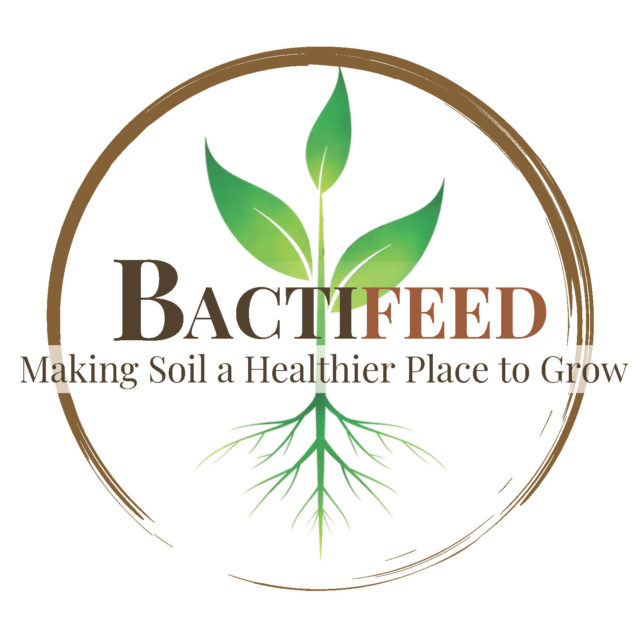The 36th National Conference on Interstate Milk Shipments (NCIMS) is scheduled for May 12-17, in Grand Rapids, Michigan. At least one proposal calls for lowering the maximum allowable somatic cell count (SCC) in milk to 400,000 cells per milliliter (cells/mL).
Holstein Association USA, Inc. submitted the proposal in another attempt to reduce the maximum SCC allowed to market milk in the U.S. from the current 750,000 cells/mL. The deadline to submit proposals was Feb. 14.
NCIMS has routinely considered – and turned down – proposals to lower the maximum SCC. One argument frequently used against lowering the standard is the 750,000 cells/mL level poses no human health risk.
Although there are differences in how averages are calculated and enforced, the European Union (EU) and other individual countries have adopted the 400,000 cell/mL standard, placing import bans on any milk or dairy products sourced from farms with SCCs above that level.
Holstein Association USA had not responded to Progressive Dairyman regarding questions related to its proposal at this week’s PD-Extra enewsletter publishing deadline.
The National Milk Producers Federation (NMPF) has long been a proponent of lowering the SCC threshold to 400,000 cells/mL. However, an export certification program with the EU is already creating an effective compliance threshold at that level, according to Chris Galen, NMPF senior vice president of communications.
Under that program, only milk suppliers, dairy processors and applicants for EU Health Certificates are responsible for maintaining records to trace their products back one step in the supply chain (toward the raw milk production) for all dairy products/ingredients intended for export to the EU. Dairy farmers, milk processors and other manufacturers that do not export or facilitate in marketing of products to the EU are not impacted.
“Thus, we are not seeking to address the SCC issue with a change to be voted on by NCIMS members,” Galen said.
SCC levels measure dead white blood cells in milk, an indication of mammary gland infections. Lower levels of somatic cells indicate higher quality milk. Several individual states already have lower maximum SCC levels. Some federal milk marketing orders have a 350,000 cells/mL threshold to determine milk quality premiums or penalties. And, citing impacts on cheese yield, taste and shelf life, some Individual milk marketing organizations also use different SCC thresholds to determine milk quality premiums or deductions.
Including the lower SCC standard, NCIMS will deliberate over nearly 100 submitted proposals, covering everything from tests used to measure milk bacteria counts to the types of light bulbs used in milk handling and storage areas.
Other proposals with potential direct impact on dairy farmers relate to raw milk temperatures and temperature recordings on dairy farms. One proposal, from the Michigan Department of Agriculture & Rural Development, lowers the maximum temperature of raw and pasteurized milk and dairy products to 41ºF or less within two hours of completion of milking. Another proposal sets distance separation requirements between robotic milker teat cup flushing systems from potable water.
NCIMS is a non-profit organization made up of representatives from nearly every link of the dairy supply chain, from farm to consumer. It includes dairy farmers and processors, people involved in farm and plant inspections and regulation enforcement, academic researchers and advisers, and consumer representatives.
NCIMS serves in an advisory capacity to the U.S. Food and Drug Administration (FDA). Held biennially in odd-numbered years, NCIMS considers proposals impacting dairy product safety and quality standards. Proposals are assigned to one of three councils, who then discuss the merits of each proposal and make recommendations to the full delegate body.
The delegate body is comprised of representatives from the dairy industry, FDA and state agency regulators from each participating state. Each state/territory has the equivalent of one vote, and only the state delegates are able to cast their votes for final passage of the proposal.
As a general rule, FDA accepts the NCIMS recommendations and incorporates them into the federal Grade “A” Pasteurized Milk Ordinance (PMO), a set of minimum standards and requirements regulating the production, processing and packaging of Grade A milk.
For individual states, regulation of Grade A milk is usually under the jurisdiction of either the state’s departments of agriculture or health. States may adopt the PMO standards as a minimum and, in many cases, enforce more stringent standards.
Visit us at www.ncims.org.![]()

-
Dave Natzke
- Editor
- Progressive Dairyman
- Email Dave Natzke






